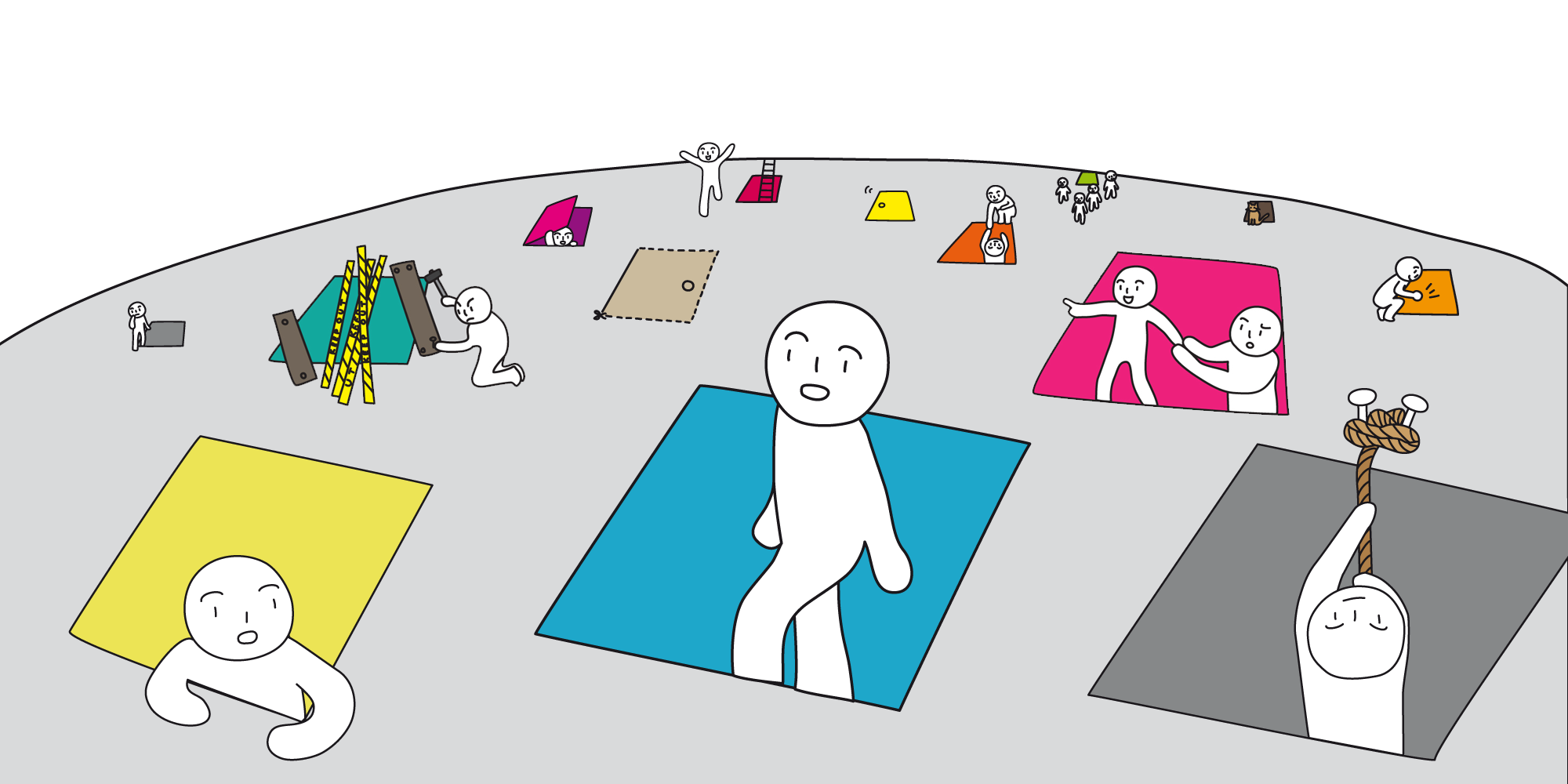science
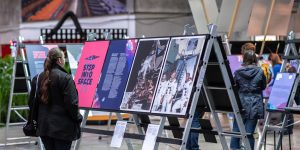
spaceEU Exhibition: Step into Space
spaceEU is an exciting space outreach and education project which aims to spark the interest of young people in STEAM (Science, Technology, Engineering, Arts and Maths). The Ars Electronica Festival presents the spaceEU exhibition ‘Step into Space’ where visitors are invited to find out why we should explore space.
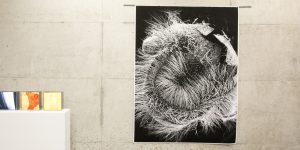
Gluon, Brussels
Gluon is a Brussels-based platform for art, science and technology. At Gluon we believe that interactions between researchers, artists, entrepreneurs, citizens and young people are vital in the quest for solutions to our global societal challenges. Gluon stimulates exchanges between these different actors.
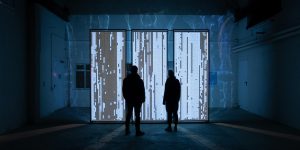
STARTS Day
The STARTS Day focuses on the STARTS Initiative and offers insights into collaborative practices at the intersection of art, technology, science and industry. In different discursive formats and presentations, extraordinary examples from this field are presented and their implementations, methods and impacts identified.
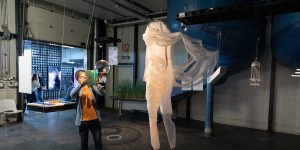
Space Exploration Initiative
MIT Media Lab (US), Xin Liu (CN)
In the past, the desire for exploration and expansion had a profound impact on how we imagined planetary futures. What shall we imagine now? In this exhibition, six projects from the Space Exploration Initiative of MIT Media Lab are asking the same question and bringing possibilities to the (im)possible space: All the projects were successfully deployed and performed in a zero-gravity parabolic flight last year. They are hopes beyond solutions, imaginations, more than facts.

Smart Traffic – Augmented Cyclists meet Automated Vehicles
CARISSMA — Center of Automotive Research on Integrated Safety Systems and Measurement Area, Technische Hochschule Ingolstadt (DE)
How will city life be in a world controlled by intelligent and cooperative transportation systems? Experience future traffic as either a cyclist or an operator of an automated vehicle in an immersive virtual world, and become part of a real scientific experiment addressing traffic safety.
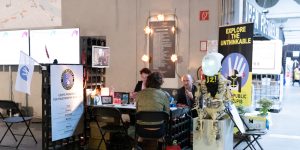
Republik Užupis
Max Haarich (DE), Rafael Hostettler (CH)
The Munich embassy of the Lithuanian artist republic Užupis brings together cutting-edge AI engineers, rebellious artists and high-ranking policy makers to promote innovations that are more accessible, inspired and ethical. The embassy is one of the rare arts-related initiatives actively engaging in international policy design for AI. We employ the first artificially intelligent diplomat, Roboy.
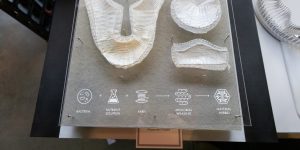
This is grown.
Jen Keane (US)
This is grown. was motivated by a frustration with plastics and a visible disparity between scientific research and design manifestations around natural materials. Taking an organism-driven approach to material design, the project began under the premise that a greater understanding of nature could help us not just replace the petrochemical based materials of today with more sustainable ones, but perhaps allow us to devise entirely new systems of making and categories of materials previously unimagined. After all, nature has had 3.8 billion years to perfect the ultimate circular economy: Life. Maybe we can still learn something.

Particle Post
Yuri Tanaka (JP), Pavle Dinulović (RS), Umut Kose (TR), Chris Bruckmayr (AT)
Receiving cosmic muons through a scintillator detector, the postbox subtly emits sound and light as a direct consequence of every particle it detects. It is through this process that the implied aesthetics of the unperceivable are explored, as are the means by which it could be indirectly appreciated in different ways through the bodies and minds of humans.
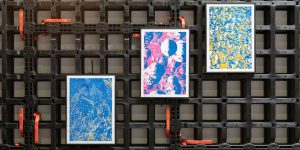
Distinction Machine
Kim Albrecht (DE)
What can and can’t be expressed through the digital devices that have became so ubiquitous to us today? This visual experiment will ask a computer to perform a task that is, mathematically and computationally, very simple, but confronts the machine with a manifestation problem. The vagueness of our world, its in-betweenness, cannot be computed.
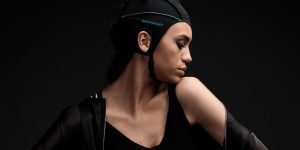
Unicorn – The Brain Interface
g.tec medical engineering GmbH (AT)
The Unicorn Hybrid Black is a high-quality wearable EEG-headset for Brain-Computer Interface (BCI) applications to perfectly acquire brain waves.
